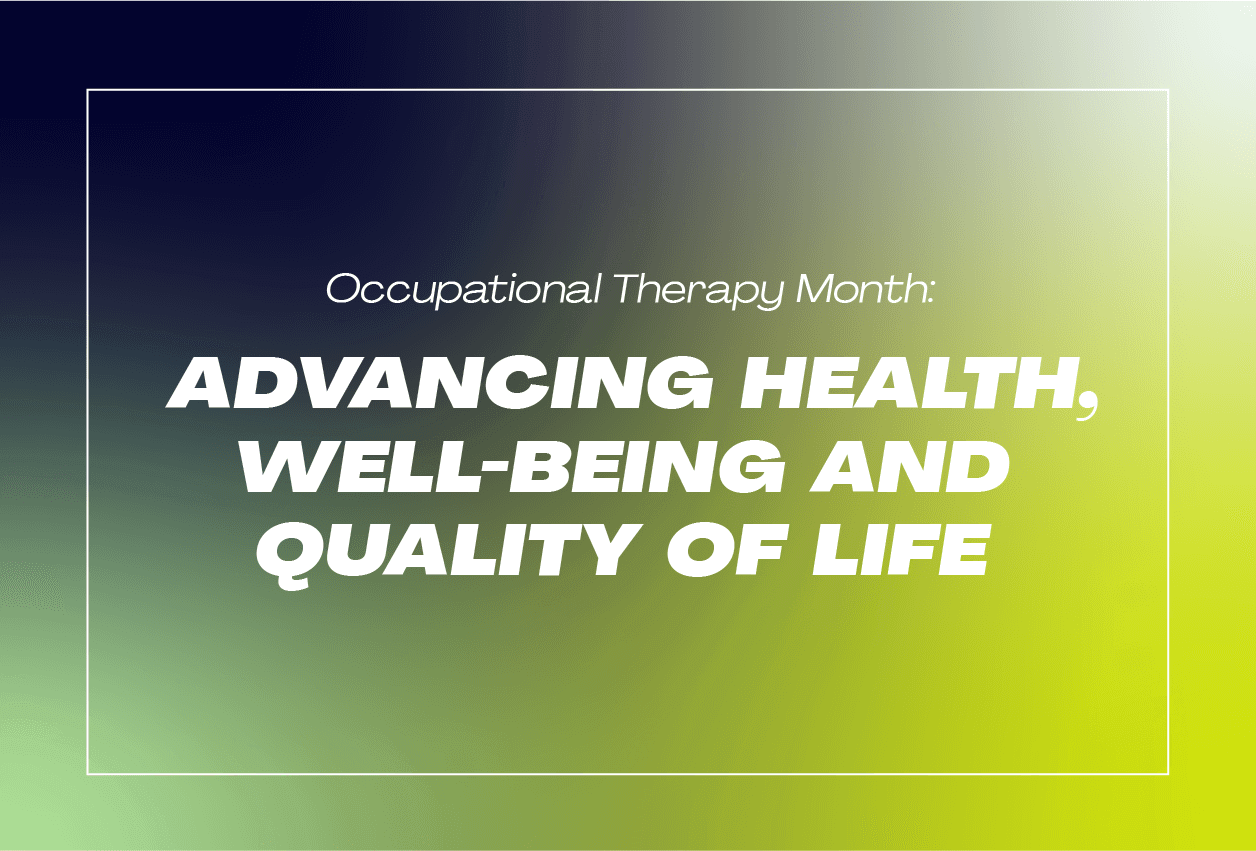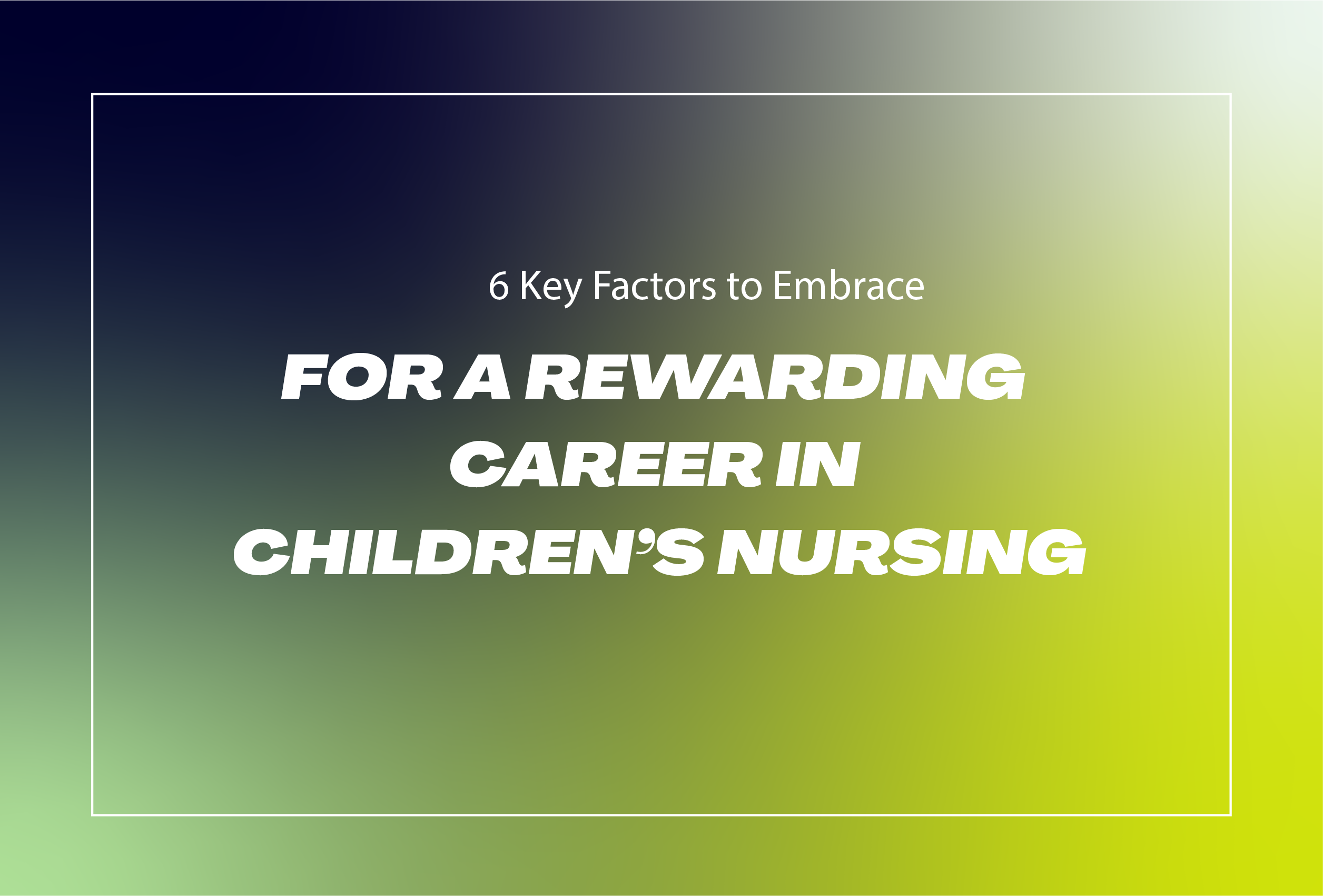By Rachel Lamb . 14/08/2018 · 5 Minute read
If you're considering a career in mental health nursing, this is definitely the right blog to read.
When I think about the question 'what skills do you need to be a mental health nurse?', three words pop into my head: compassion, resilience and adaptability. As a student mental health nurse, you will meet people who are misunderstood by society, including their friends and family. Sometimes you're the only person they have to listen to them and take their illness seriously, which is why compassion is key; it's always at the forefront of what we do.
Compassion when coping with mental illness
As a nursing student specialising in mental health, I have been called every name under the sun. I've been hit and even spat on by patients who are so poorly, they are not accountable for their actions. They may have dementia and truly believe you're their son who died or they could have psychosis and think you're attempting to hurt them. Sometimes they're simply very irritable as a side-effect of their medication.
When studying to be a mental health nurse (and going forward as a qualified nurse), you need to be able to cope with challenging behaviour, staying compassionate and understanding at all times.
Developing resilience
To make it through a mental health nursing career, you need to be resilient and deal with the emotions that you're likely to encounter in a healthy and professional way. If you wouldn't describe yourself as a resilient person, you need to consider whether resilience is something you can work on throughout your training. You can read more about resilience in nursing here.
Adapting during placements
During your nursing training, you will have to complete placements, most of which are full-time and unpaid.
One of the things I found challenging in my first year was switching between being 'the new student' on the ward and then the experienced student on the ward, only to revert back to an academic student once my placement was finished and then back to being 'the new student' in a different placement area. You will need to learn the skills for that placement incredibly fast whilst also making time for academic assignments, workbooks and revision, so adaptability and good time-management are paramount.

How can you be compassionate, resilient and adaptable?
I used all three at once a few weeks ago. My current placement was in the community; I was learning a lot and really enjoying it but some of my skills needed to be tested within a ward setting, so I was sent to work on a ward for the day.
The ward had a patient who had a frontal lobe brain injury, which affected her personality, so she was extremely irritable and couldn't control her impulsive behaviour. She wanted to leave the ward but couldn't because she was under section, which I had to explain to her. She responded by calling me a dozen crude and abusive names. Mental Health Nurses are trained in breakaway techniques, so I stepped back and another member of staff stepped in. I took myself away from the situation and, once the patient had calmed down, I sat with her and explained everything in a way that helped her to clearly understand why she wasn't able to leave the ward yet. I assured her that we would work together so that she would be able to leave at some point, which calmed her down. Afterwards, the patient's partner thanked me for taking the time to be compassionate.
In this situation, I had to be adaptable and quickly get used to a new ward. I also had to be resilient to deal with the initial verbal abuse and compassionate, giving the patient more time and another explanation once she was ready.
This wasn’t an individual situation and, although challenging, it was rewarding to support an ill patient and her family with understanding her treatment and care.

Why become a mental health nurse?
If you feel you’re compassionate, resilient and adaptable then mental health nursing is an amazing profession; being able to care for people at their most vulnerable and work with them on their journey from illness to recovery is such an honour. It’s a profession which is never boring; you’re always learning and building on your nursing skills, whilst empowering and supporting people in changing their lives.
Mental health care is desperate for new, passionate and skilled nurses. The Nursing & Midwifery Council shows that the number of registered mental health nurses has decreased over the past 5 years, from 91,325 in March 2014 to 88,241 in March 2018. With the new nursing associate role as a route into nursing, the hope is that these numbers will rise again.
About the writer: Abby Martin

Hi, my name’s Abby and I’m currently doing a BSc Mental Health Nursing degree. I’m in my second year and work as a bank HCA within the local Mental Health trust. I have a particular interest in child and adolescent mental health and before I began my nurse training, I did an advanced apprenticeship in a school. Here, I took on the role of looking after the emotional and social needs of the children, which is what led me to do mental health nursing.











